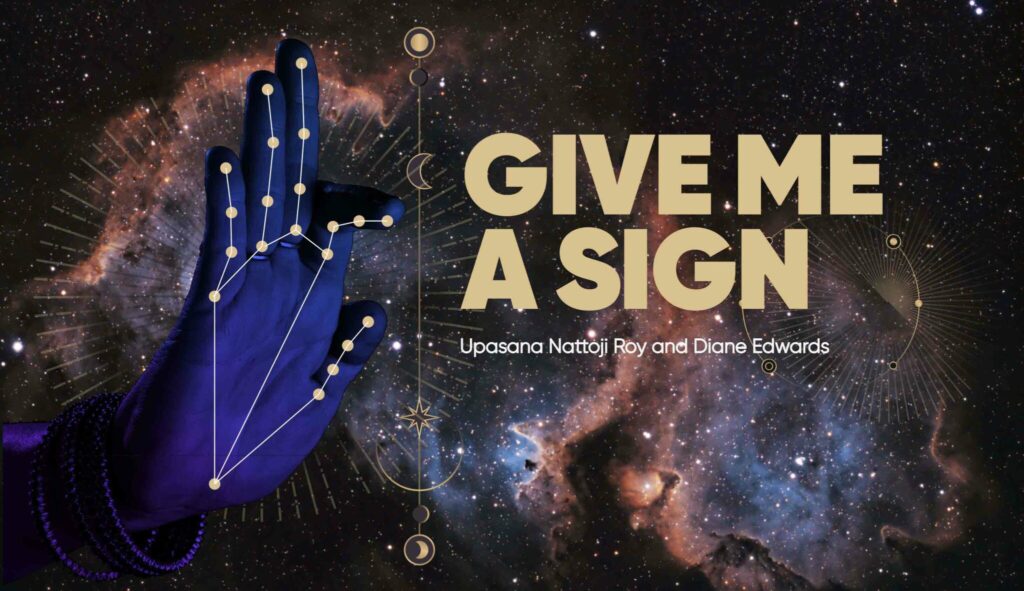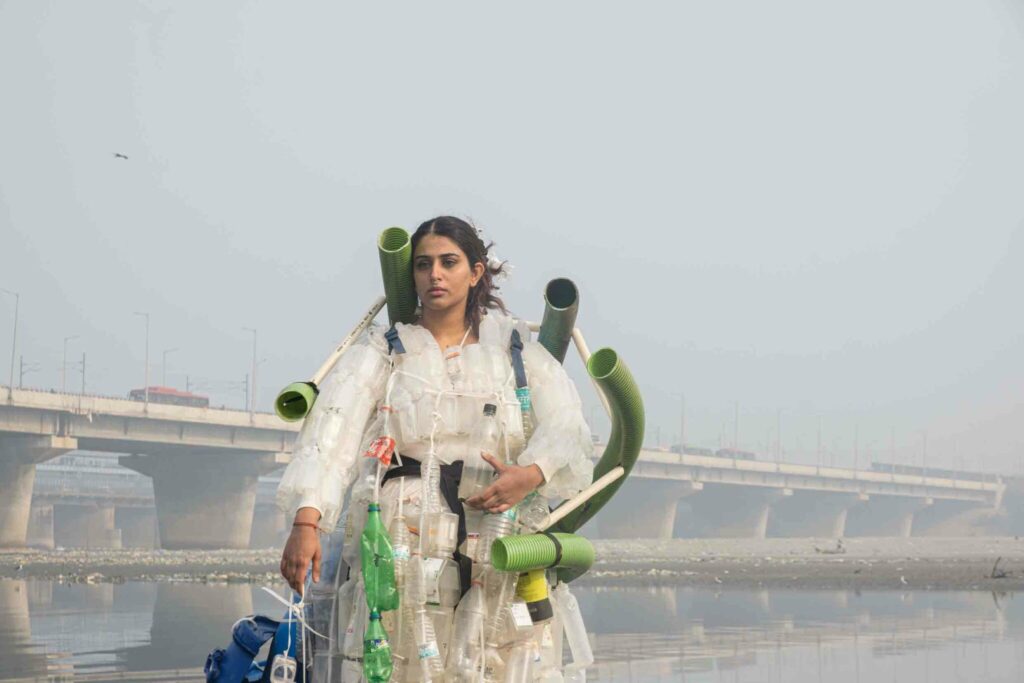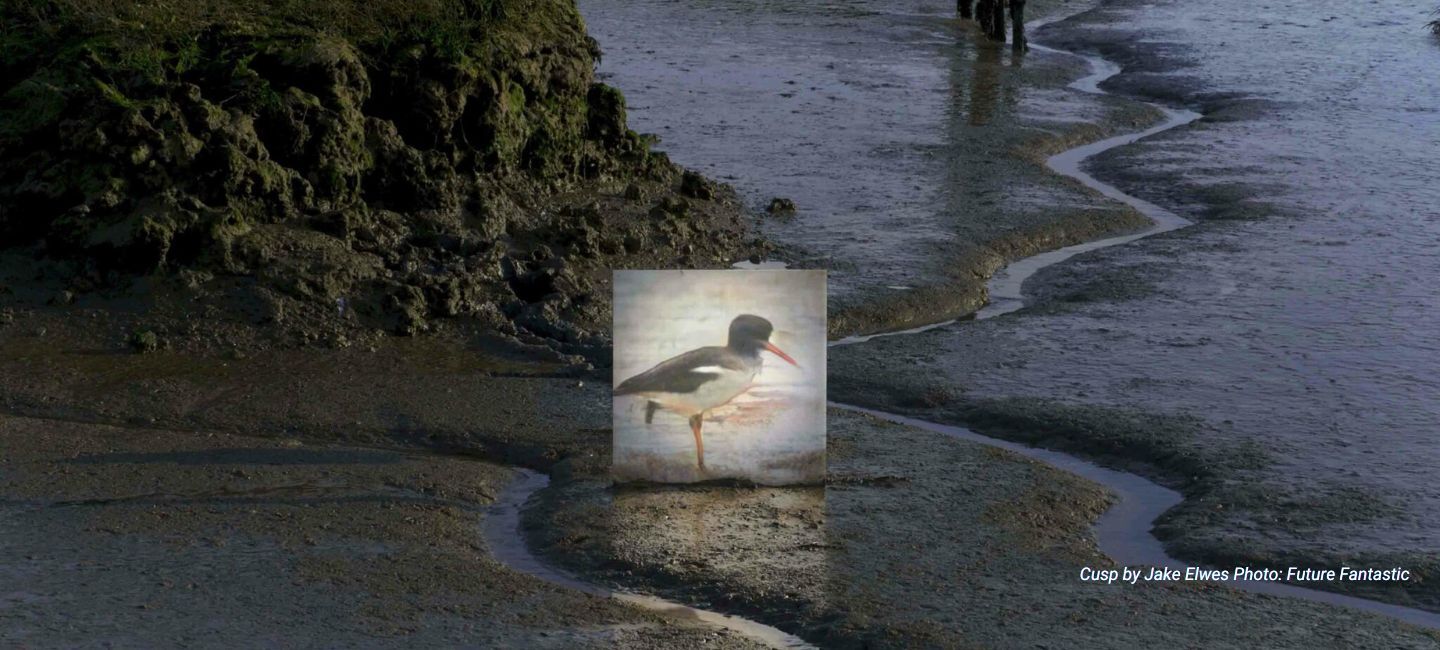The Government of India’s major capital and infrastructural investment into the Smart cities in Hyderabad and Bengaluru has spurred growth in tech hubs and start-ups. Over the past decade, despite the challenges posed by the Covid-19 pandemic, innovators in arts and technology have flourished in the two metros of Hyderabad and Bengaluru, mirroring the presence of 88% MSMEs that constitute India’s creative and cultural industries. The spirit of enterprise and self-reliance which is crucial to India’s economic growth and well-being is reflected in the enterprising innovations from the Arts and Tech start-ups, where young minds are addressing major global issues such as climate change, social justice, and equitable access. From Hyderabad Design Week in 2019 to the new FutureFantastic festival in Bengaluru, the challenge of climate change through social action in arts and AI are hotbeds for experimentation and creative solutions. Climate change is not solely a result of corporate irresponsibility, policy failures and consumer excess, but also a failure of culture. Therefore it is in arts, culture and technology where some innovative solutions can also be found.
The British Council’s India/UK Together Season of Culture has been bringing together arts companies and artists from India and the UK in a collaborative effort to commemorate India’s 75th anniversary of independence. One of the primary objectives of this initiative has been to address the most pressing issue of our times – climate change – and actively seek effective solutions. The British Council’s Climate Connection programme, encompassing arts, education and English, was initiated in 2021 for COP26 in Glasgow. It continued with COP27 in Egypt and is set to carry on this year for COP28 in Dubai, bringing together policy leaders, innovators, educators, young people and artists.
Julie’s Bicycle who has pioneered carbon reduction for arts and culture organisations in the UK has researched policymaking globally and mapped areas for development in planning processes and actions of the culture industries and its supply chain. Their global call to action asserts “Culture is vital for national economies, bringing creative skills and innovation, and influencing lifestyles, tastes, and consumption. The cultural sector contributes to greenhouse gas emissions and must play its part by aligning with carbon-cutting targets. But, most powerfully, culture can change hearts and minds: it is intimately connected to place and to community; artists can move us to reimagine our world and inspire societies to take climate action.”
Collaborations for Climate Action
The recent FutureFantastic festival, also showcased on the Festivals from India digital platform, was imbued with the spirit of collective action for the climate. Artists and tech innovators, along with attendees from India and the UK spanning across generations, came together to participate in the festival.
The festival with its international collaborators, Be Fantastic (Bengaluru) and Future Everything (Manchester), featured new pieces of art in conjunction with technology, utilising AI, VR and gaming technology alongside the performing and visual arts. The people-centred commissions and panel discussions at the festival played an important role in humanising the story of arts and technology for climate action, which, for the uninitiated, can be a little forbidding and bewildering. The festival boldly posed challenging questions about the relationship between the global North and global South, the ethics of intellectual property and free access to open-source technology. It also called for better representation of diverse voices through AI and machine learning.
It’s no surprise that with two pioneering women in arts and tech co-curating the festival, Kamya Ramachandran and Irini Papadimitriou, important questions were asked about the need for better representation to ensure that LGBTQI+ and Dalit voices were heard at this landmark first-of-its-kind festival.
Innovative installations bridging arts and technology
The festival programme opened with a new dance and AI performance called Palimpsest. It featured an international company of dancers, including Jiaya Liu from the UK, who created a dystopian world depicting climate chaos using the five elements of Pancho Maha Bhootos: earth, water, fire, air, and space. The director and choreographer of the STEM company, Madhi Natraj, incorporated a virtual reality backdrop and blended classical kathak, contemporary dance and a whirlwind of stunning images. An AI avatar on the screen directed the performance.
Elsewhere In India brought together adventure gaming and AI technology with a mixed-live soundscape of drum ‘n’ bass, Indian classical drums, strings and voices. The immersive experience took the audience on a journey with a female protagonist, exploring mesmerising visuals set in museum archives, heritage sites and futuristic sci-fi avatars. This collaboration between the Antariksha Studio in Goa and Crossover Labs in London created a captivating exploration of the hinterland.

Mudras, verse and dance intertwined with the visitors of the festival as they mimicked the hand gestures, which were then projected and played on the screen through the video mapping technique. The installation titled Give Me A Sign, a collaboration between Upasana Nattoji Roy from India and Dianne Edwards from the UK, brought together the essence of ancient wisdom and modern technology, symbolising a call for more mindful ways of living that honour the planet, its habitats and our consumption and lifestyle choices.
Water consumption, safe storage and conservation pose persistent challenges, especially in the tropical climate of the global south. The unpredictability of climate change further exacerbates an already challenging situation, putting the region at even greater risk. Only A Game, a collaborative project involving artists from India, the UK, and Germany, encapsulates the irony of its title with a question mark. As players engage in the game, their movements are captured through motion capture technology to create AI artworks. Simultaneously, the game raises awareness about climate science, providing players with a deeper understanding of the climate emergency. By encouraging collective participation, the game emphasises the urgent need for collective action rather than relying solely on individual efforts.

Wood Wide Web brought together the science of botany from Kew Gardens in London with design and gaming technology. It aimed to highlight the endangered trees that are at risk of extinction. Using motion capture technology, the collaborative installation created by artists from India and the UK showcased stunning interactive images that effectively demonstrated the potential loss of biodiversity if these trees were to perish.
Jake Elwen, a UK artist and LGBTQI+ change-maker, highlighted the need for inclusive representation on AI platforms. His bucolic installation, created in collaboration with CUSP, showcased an AI sanctuary machine featuring birds and imagined wildlife inspired by the Essex marshes. The festival also featured Asthir Gehrayee: creating depth to heal the ocean, an immersive installation involving artists from India, the UK and Brazil. As we moved together the microbes gathered to help cleanse the seas. It was a transportive moment to make us think and act.
The challenge of urban sprawl and city planning in Bengaluru to adapt public spaces for environmental sustainability was addressed through a virtual reality adventure. This adventure explored solutions for climate-friendly adaptations, including transforming bus stops, rooftops, cycling lanes and grassy verges. In the installation Poetics of Garbage, Plastic Prayascitta, a lone woman dragged torrents of plastic waste along the rocky river-shore in Delhi. This powerful piece combined performance, costume design, film and soundscape to echo the recent calls to cease production of single-use plastics. Advanced predictive technology, live performance and sculptural costumes were used to create a compelling film that served as a poignant reminder for behaviour change and to stop using single plastic bottles.
Sir Richard Attendborough’s sonorous voice was captured in a simple soundscape planted in the borders of the venue. Reminding visitors of this pioneering natural history broadcaster and his astonishing life committed to sharing stories about the planet wildlife and its conservation. The vegan food and crafts market by Nammu Recommends on the balmy roof of the Bangalore International Centre topped off the festival-goers experience with millet pancakes and farm-fresh herby drink.
Future Fantastic was a fully 360 degree experience for the thousands of visitors for the head, heart and taste buds to inspire action for our planet and its conservation.
Strengthening Collaborations
With the India and UK agreement for Mutual Recognition of Qualifications (MRQs) in summer 2022, higher education institutions from both countries are poised to forge closer collaborations across undergraduate to doctoral studies. The realm of digital arts and technology presents a promising frontier for institutions like UAL and the RCA to strengthen their ties in India, facilitating greater student mobility and knowledge exchange between the two nations.
India’s success in technology and the establishment of SMART cities in Bengaluru and Hyderabad provide smart solutions through international collaborations in arts and technology. As India takes on the presidency of the G20 in 2023, it marks a watershed moment for international cultural relations to build for the future and through arts and technology invent together for the most urgent global challenge – that is collective climate action.
Jonathan Kennedy is Director Arts India at British Council.
For more articles on festivals in India, check out our Read section of this website.

Share on